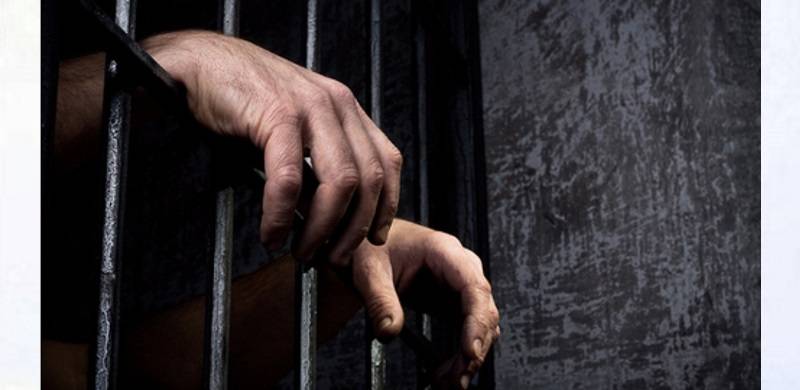
Reporters Without Borders (RSF) has called upon Prime Minister Shehbaz Sharif to immediately abandon the 'plans to enact' a defamation law critical of comments about the military and the judiciary.
Terming the wording of the proposed law "extremely vague", it warned of disastrous consequences in the run-up to the general elections in the country this year.
The global body for journalists expressed concerns at the proposed 'five years in prison for a comment about the army and the judiciary'.
It further said that the amendment will have a major impact on the Code of Criminal Procedure, as any person accused under the new section could be arrested without a warrant.
If jailed, they added, such a person would be denied any possibility of release on bail or after an out-of-court settlement.
As reported earlier, the decision has been made while keeping in mind the ongoing campaign of a former ruling political party against state institutions.
The summary further mentions that judicial and army officials do not have the opportunity to step forward and refute scandalous remarks while appearing in the media.
The legislation would amend the Pakistan Penal Code (PPC) and the CrPC. The Ministry of Interior Affairs has authored the bill and the Ministry of Law and Justice is said to be engaged in its fine-tuning, after which it will be submitted to the prime minister for putting it before the cabinet.
The legislation provides that “whoever makes, publishes, circulates, or disseminates any statement, through any medium, with an intention to ridicule or scandalize the judiciary, the armed forces or any of their member will be guilty of an offense punishable with simple imprisonment for a term, which may extend to five years or with a fine which may extend to Rs1 million, or with both.”
Terming the wording of the proposed law "extremely vague", it warned of disastrous consequences in the run-up to the general elections in the country this year.
The global body for journalists expressed concerns at the proposed 'five years in prison for a comment about the army and the judiciary'.
It further said that the amendment will have a major impact on the Code of Criminal Procedure, as any person accused under the new section could be arrested without a warrant.
If jailed, they added, such a person would be denied any possibility of release on bail or after an out-of-court settlement.
As reported earlier, the decision has been made while keeping in mind the ongoing campaign of a former ruling political party against state institutions.
The legislation says, “whoever makes, publishes, circulates, or disseminates any statement, through any medium, with an intention to ridicule or scandalise the judiciary, armed forces or any of their member will be guilty of an offense punishable with simple imprisonment for a term, which may extend to five years or with a fine which may extend to Rs 1m, or with both.”
According to the cabinet, Pakistan witnessed a cyber campaign to incite and nurture hatred against state institutions and their officials. It adds that judicial and army officials don’t have the opportunity to refute scandalous remarks in the media.
According to the cabinet summary, the country witnessed a deliberate cyber campaign to incite and nurture hatred against state institutions and their officials.”
The summary further mentions that judicial and army officials do not have the opportunity to step forward and refute scandalous remarks while appearing in the media.
The legislation would amend the Pakistan Penal Code (PPC) and the CrPC. The Ministry of Interior Affairs has authored the bill and the Ministry of Law and Justice is said to be engaged in its fine-tuning, after which it will be submitted to the prime minister for putting it before the cabinet.
The legislation provides that “whoever makes, publishes, circulates, or disseminates any statement, through any medium, with an intention to ridicule or scandalize the judiciary, the armed forces or any of their member will be guilty of an offense punishable with simple imprisonment for a term, which may extend to five years or with a fine which may extend to Rs1 million, or with both.”

